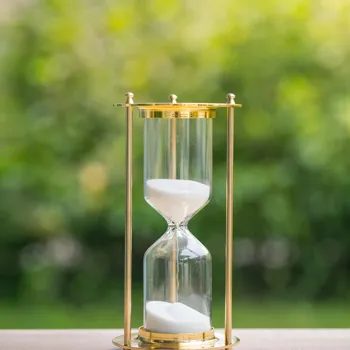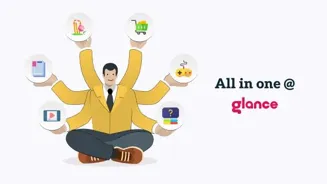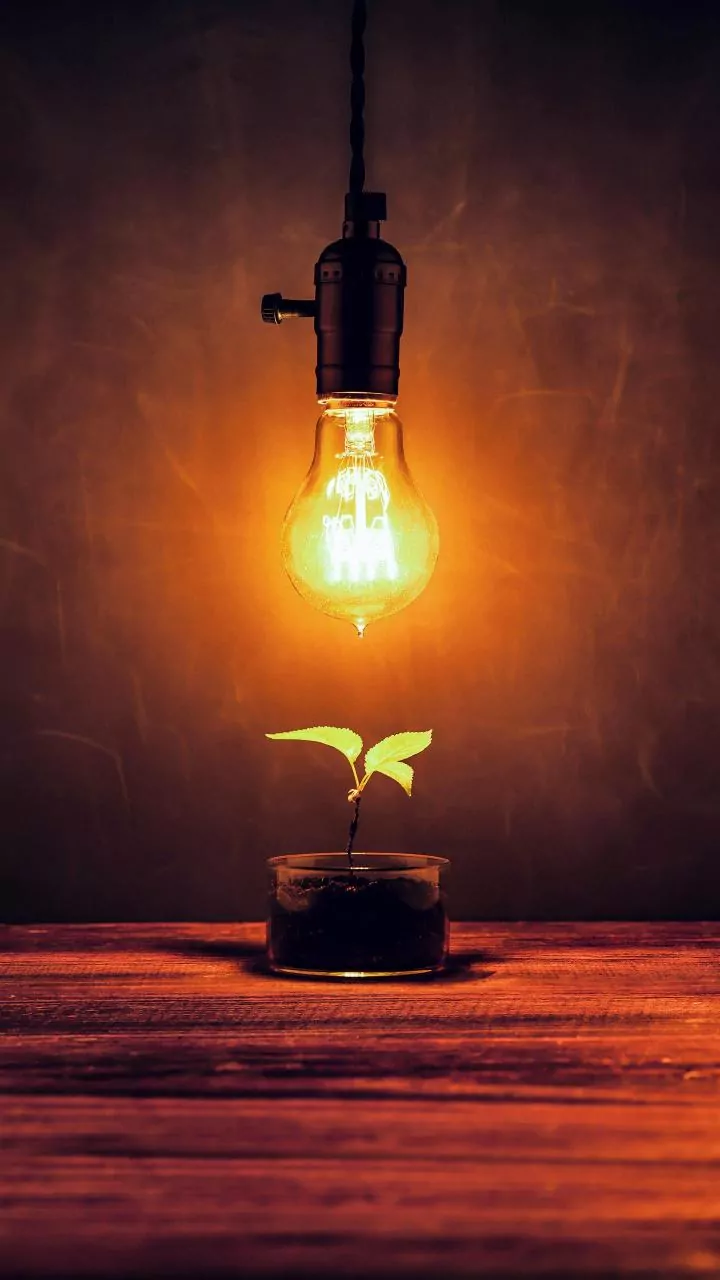Unlock the secrets of productivity with 10 transformative facts. Dive in to revolutionize your workday now!
Hello, techies and office-goers! Feeling bogged down by deadlines and endless to-do lists? We
all know the feeling of staring at a screen, willing ourselves to be productive, hoping for that spark of inspiration to magically appear.

But what if productivity wasn't just about willpower, but about understanding how our minds and bodies actually work? Today, we're diving deep into 10 surprising facts about productivity that, when implemented, can truly revolutionize your workday.
These aren't your typical "work harder" tips; instead, we're focusing on smarter strategies to achieve more with less stress. So, grab your chai, settle in, and get ready to unlock a whole new level of efficiency! Let's get started on transforming your workday, one fact at a time.
Manage time effectively with the Pomodoro Technique for peak productivity
Time management can seem like a myth. We often feel trapped in endless meetings and urgent emails. But here's where the Pomodoro Technique works wonders. It's a simple yet surprisingly powerful method. Work in focused 25-minute intervals, followed by a 5-minute break.
After four "pomodoros," take a longer break of 20-30 minutes. This breaks your workday into manageable chunks and fights fatigue. The timer acts as a constant reminder. You're not working endlessly, just for the next 25 minutes. It creates a sense of urgency and helps you stay focused.
During your breaks, step away from your screen. Get some fresh air, stretch, or simply close your eyes and relax. It increases focus and avoids burnout, leading to efficient productivity.
Multitasking kills productivity; prioritize tasks for efficiency
Many believe juggling tasks is a sign of efficiency. Sadly, research shows multitasking is a productivity killer. When you switch between tasks, your brain takes time to refocus. These brief delays add up to significant time losses. Rather than trying to do everything at once, prioritize your tasks.
Focus on completing one task before moving on to the next. This single-tasking approach minimizes distractions and helps maintain concentration. You'll complete tasks faster and with higher quality. Studies show that single-taskers outperform multitaskers considerably.
Remember, a calm, focused mind delivers much better results. Choose single-tasking for increased efficiency and better results.
Procrastination tackled with 2-Minute Rule for task efficiency
Procrastination, we all struggle with that at some point. That task we keep putting off can make us feel overwhelmed. The 2-Minute Rule tackles this head-on. If a task takes less than 2 minutes to complete, do it immediately. Respond to a quick email, file a document, or make a short phone call.

These tiny tasks often clutter our minds, leading to feelings of stress. By dealing with them instantly, we clear mental space and reduce procrastination. This simple rule generates a sense of accomplishment. You'll feel more in control of your workload.
Small victories build momentum and motivate you to tackle bigger tasks with ease.
Optimize workspace for productivity and well-being
Your surroundings significantly impact your productivity. A cluttered, disorganized workspace can breed stress and distraction. Take time to create a comfortable and functional environment. Ensure adequate lighting to reduce eye strain and fatigue. Keep your desk tidy.
Only have essential items within reach. Consider adding plants to improve air quality. These also create a calming atmosphere. Personalize your space with items that inspire you and bring you joy. A positive workspace promotes focus, creativity, and overall well-being.
Regularly declutter your desk and reorganize your files. An optimized environment is key for productive work.
Regular breaks boost focus, productivity, prevent burnout, and refresh the mind
We often feel breaks are a sign of lessened productivity. But regular breaks dramatically boost focus and productivity. Short breaks refresh your mind. They help prevent burnout. Stepping away from your work allows your brain to process information. It allows you to return with renewed energy.

During breaks, avoid screens. Walk around, stretch, listen to music, or engage in a relaxing activity. These activities help clear your head. They improve concentration. Scheduled breaks are more effective than working continuously until exhaustion. Plan short breaks throughout the day.
You will find increased concentration and productivity.
Learning to prioritize tasks with the Eisenhower Matrix boosts productivity
We all have overflowing to-do lists. Learning to prioritize is crucial for success. The Eisenhower Matrix (Urgent/Important) helps you decide what to tackle first.
Divide your tasks into four categories: Urgent and Important (do these immediately), Important but Not Urgent (schedule these), Urgent but Not Important (delegate these if possible), and Neither Urgent nor Important (eliminate these). This matrix helps focus attention on the most crucial tasks.
It also reduces time on less impactful activities. Mastering prioritization leads to effective time management. It makes sure you're working on what truly matters. Prioritization is a skill you will need to master to deliver effective productivity.
Time blocking enhances focus and productivity
Allocate specific time slots for particular tasks in your calendar. This is known as time blocking. Schedule focused periods for deep work. Avoid scheduling for meetings or responding to emails. Block off time for breaks and relaxation too. Time blocking creates structure.
It helps you dedicate your full attention to each task. You are less likely to get distracted when an activity is scheduled. Treat these time blocks as unbreakable appointments. Let colleagues know when you are unavailable. Time blocking enhances concentration.
It helps you make consistent progress on your goals.
Sleep deprivation impairs cognitive function and productivity. Prioritize quality sleep
Sleep deprivation severely impacts cognitive function and productivity. Insufficient sleep impairs concentration, memory, and decision-making. Make sure you get 7-8 hours of quality sleep each night. Establish a consistent sleep schedule. It should be at the same time each day.

Create a relaxing bedtime routine. Avoid screens before bed. A good night's rest enhances focus, creativity, and overall well-being. Prioritizing sleep is an investment in your productivity and health.
Task batching enhances focus, efficiency, and productivity
It helps to group tasks of a similar nature. This is task batching. Instead of checking emails throughout the day, decide to respond to them at set times. Schedule phone calls in one go and do all research at once. Task batching minimizes context switching.
This is switching of focus from one thing to the other, which saves time and mental energy. It allows you to enter a state of flow. You are fully immersed and highly productive. It has been shown that task batching improves efficiency, which can lead to a better work ethic
Constantly refine productivity strategies for optimal output
Productivity is not a static goal. You should constantly refine your strategies to what works best. Regularly review your productivity habits. Identify areas for improvement. Adjust your techniques based on your experiences and needs. Experiment with different methods.

Try different schedules to see what maximizes your output. Continuous adjustments help you optimize your workflow and achieve your goals more effectively. It is an ongoing process, therefore, you need to review regularly and adjust.





















